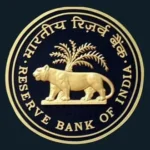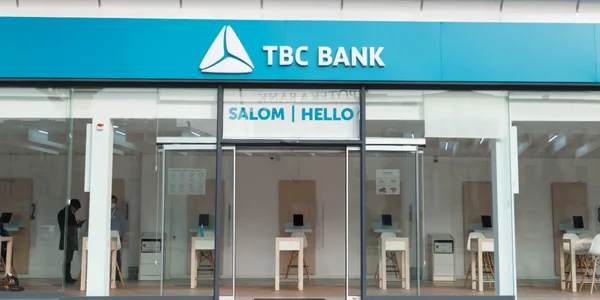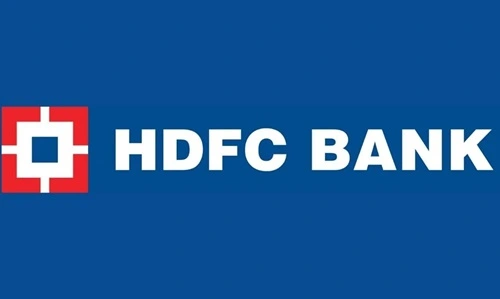In the wake of bribery allegations against the Adani Group by U.S. authorities, Indian banks are scrutinizing their financial engagements with the conglomerate to assess potential risks and ensure compliance with regulatory standards.
Background of the Allegations
The U.S. Department of Justice (DoJ) has indicted Gautam S. Adani, Chairman of the Adani Group, along with other senior executives, on charges of conspiracy to commit securities and wire fraud. The indictment alleges involvement in a bribery scheme aimed at securing power supply contracts in India, with misrepresentations made to U.S. investors.
Indian Banks’ Response
Major Indian financial institutions, including the State Bank of India (SBI), Bank of India, Union Bank, ICICI Bank, Canara Bank, IDBI Bank, and RBL Bank, are reportedly reassessing their exposure to the Adani Group. While these reviews may not immediately alter existing credit arrangements, they are expected to lead to more stringent due diligence for future loans.
SBI, which has the largest exposure to the Adani Group at approximately ₹338 billion ($4 billion), has indicated it will continue funding projects nearing completion but will exercise caution regarding new loans. Other banks with smaller exposures are conducting similar evaluations to mitigate potential risks.
Adani Group’s Position

The Adani Group has vehemently denied the allegations, labeling them as “baseless” and asserting that they have consistently adhered to the highest standards of governance. In a statement, the group emphasized that the indictment does not include its executives in any bribery or corruption counts.
International Repercussions
The allegations have prompted international partners to reconsider their associations with the Adani Group. TotalEnergies, a French multinational, has paused new investments pending further clarity. Conversely, Israel has expressed support for Adani’s investments, with Ambassador Reuven Azar encouraging continued engagement in Israeli projects.
Impact on Adani Group’s Operations
The Adani Group’s diverse portfolio spans energy, infrastructure, and logistics. The current scrutiny could affect its operations, particularly in securing financing for ongoing and future projects. The conglomerate’s gross debt stood at ₹2.4 trillion as of FY24, with Indian lenders accounting for 36% of this amount.
Regulatory Oversight
The Reserve Bank of India (RBI) has not issued a formal statement regarding the situation. However, the central bank is likely monitoring developments to ensure the stability of the banking sector and adherence to regulatory norms.
Market Reactions
Following the allegations, shares of Adani Group companies experienced volatility. Investor sentiment remains cautious, with market participants closely observing the group’s response and the outcomes of ongoing investigations.
Conclusion
The U.S. bribery allegations against the Adani Group have prompted Indian banks to reevaluate their financial relationships with the conglomerate. While the group denies the charges, the situation underscores the importance of robust due diligence and governance practices in maintaining financial stability and investor confidence.



















